Carney’s first post-election presser ‘a rare olive branch’ to Canadian media after election night slight: former gallery journalist
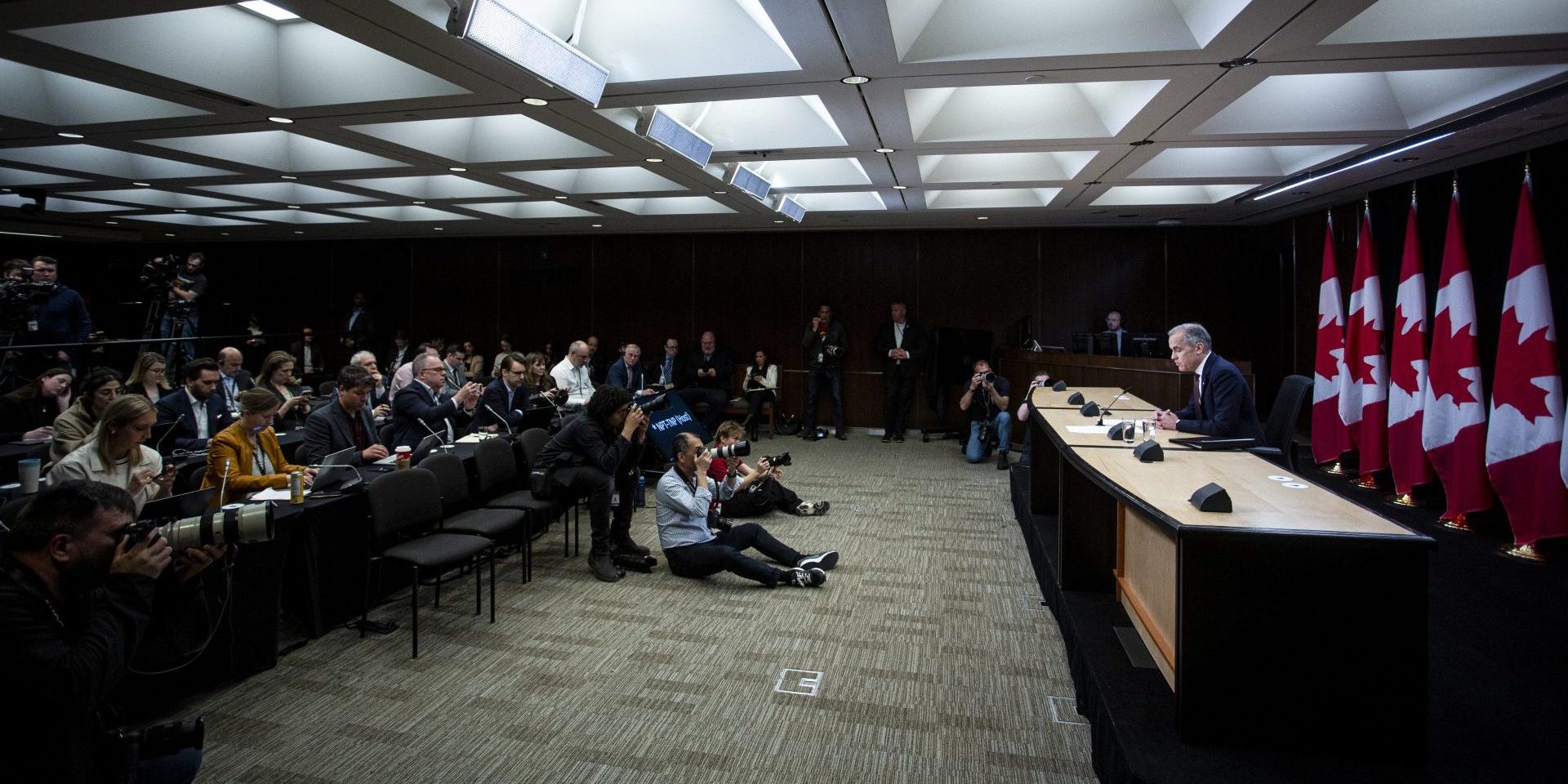
Prime Minister Mark Carney’s relationship with the media got off to another rocky start post-election as Canadian journalists learned he had given another “world exclusive” interview to a British journalist, his second perceived slight since soft-launching his leadership campaign during an interview on an American comedy show.
Yet while the need for global partners to oppose United States tariffs requires Carney (Nepean, Ont.) to speak to a global audience, past and current press gallery journalists, as well as Liberal strategists, say he’ll need to bring that message home sooner or later “because that’s where the voters are.”
As Canadian journalists awoke on April 29 after a long night of covering the 45th general election, many experienced a familiar sense of déjà vu as they learned they had once again been collectively passed over for a one-on-one interview with the prime minister.
Speaking with The Hill Times on background, press gallery journalists compared Carney’s decision to grant a “world exclusive interview” to the BBC’s Faisal Islam, the outlet’s economics editor, as polls closed on April 28 to his appearance on The Daily Show with Jon Stewart in early January, a little more than a week before declaring his candidacy for the Liberal Party leadership.
While most journalists kept their frustrations private—except those who expressed them directly to the Prime Minister’s Office—The Toronto Star’s Susan Delacourt made a public comment.
“I’m old enough to remember a time when a newly elected PM would give a news conference to Canadian journalists before doing interviews with foreign journalists,” Delacourt posted to X on April 30.
The next day, the PMO announced Carney would hold his first press conference on May 2, just one day before World Press Freedom Day.
A strong, independent, and free press both defines and defends our values as Canadians.
— Mark Carney (@MarkJCarney) May 3, 2025
Now more than ever, we need to protect our public forums and defend strong and reliable Canadian voices. #WorldPressFreedomDay pic.twitter.com/gJMqzZbxxE
Speaking with The Hill Times before the 11 a.m. press conference, several journalists said they appreciated the consolation prize, and several more audibly expressed their appreciation as Carney walked into the room just minutes after the scheduled start time.
Those reporters were also appreciative of Carney’s decision to hold the press conference on the gallery’s home turf, the National Press Theatre in the Wellington Building, rather than predecessor Justin Trudeau’s preferred location on the third floor of West Block. However, like Carney, Trudeau did meet the gallery in the press theatre shortly after his first election win in 2015.
Yet while the tone and message of the press conference were also in direct contrast to those of Trudeau’s latter years, it followed a similar pattern of allowing one question and one follow-up per journalist during a tightly timed 20-minute question-and-answer period following Carney’s opening remarks. His team has consistently followed this pattern for his media availabilities since his leadership campaign began this past January and throughout the general election campaign.
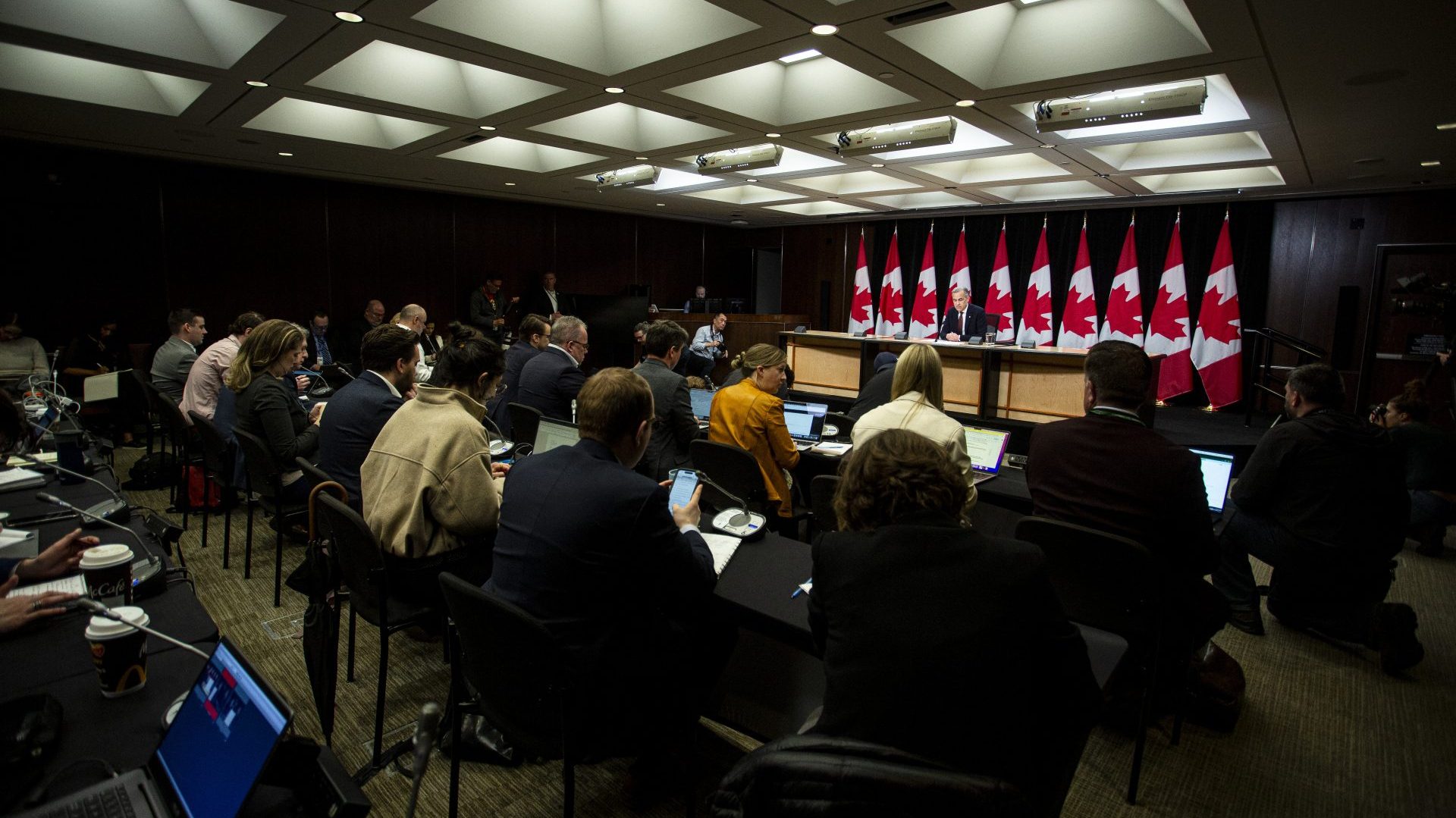
From March 23 through April 27 during the election campaign, then-NDP leader Jagmeet Singh and Bloc Québécois Leader Yves-François Blanchet (Belœil—Chambly, Que.) answered one question and one follow-up from each reporter present at their daily press conferences, averaging 12 and 13 daily questions, respectively, for totals of 444 and 460 questions answered. Among the main party leaders, Carney answered the second fewest questions, with 323, averaging roughly nine questions per day. Conservative Leader Pierre Poilievre answered 138 questions during his broadcast press conferences, averaging just four questions daily, with few exceptions early in the campaign.
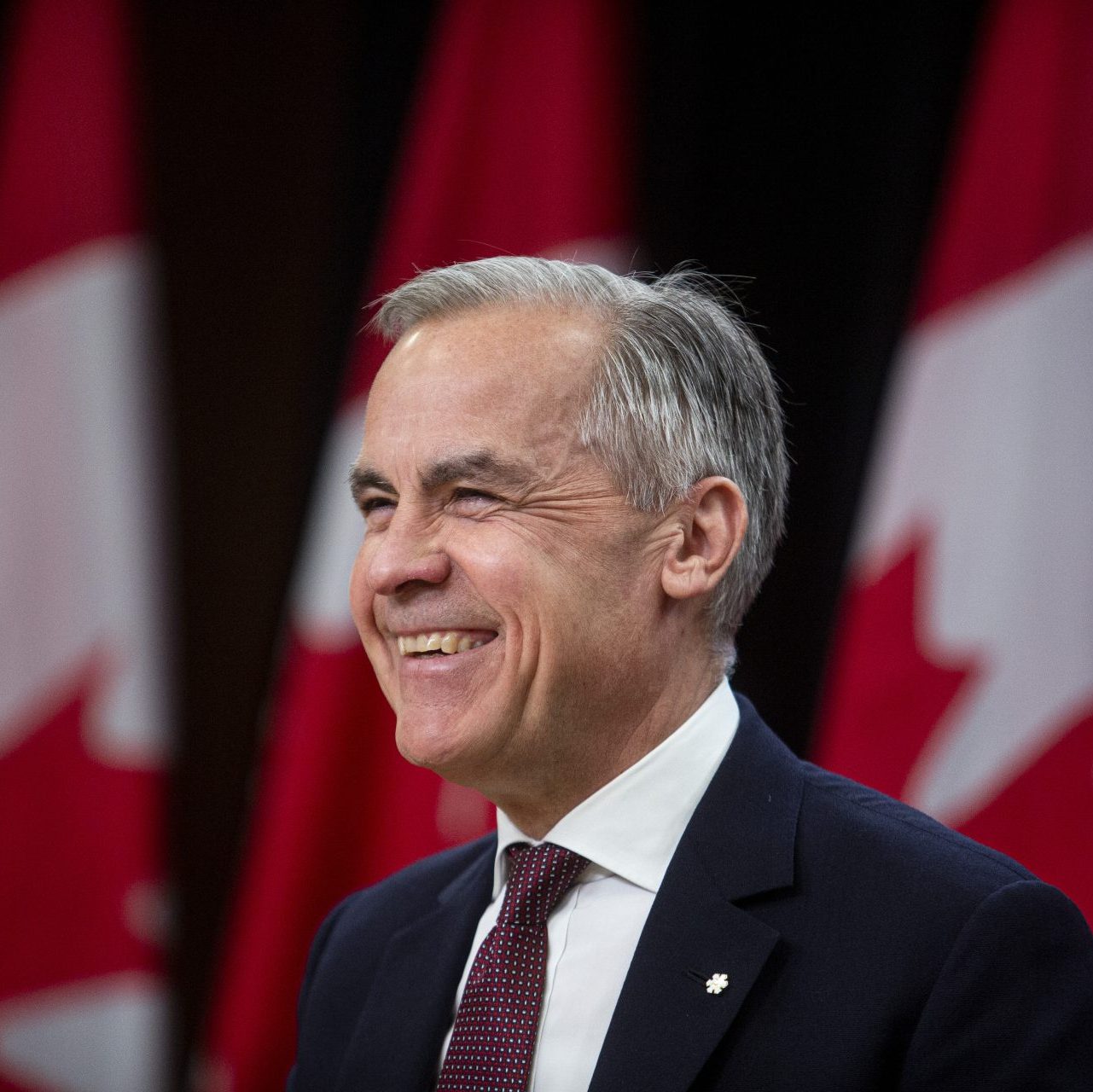
During his post-election presser, Carney answered slightly more than average, taking 15 questions from eight reporters.
As he fielded questions, there were signs of his improved comfort in front of reporters, with several light-hearted back-and-forth interactions with journalists attempting to squeeze in an extra question. Near the end, despite bristling at The National Post‘s Catherine Lévesque’s attempt to double-barrel her final question, Carney elicited a near-unanimous laugh line with his response to her query over whether Finance Minister François-Philippe Champagne (Saint-Maurice–Champlain, Que.) would remain in his role.
“Did he ask you to ask that?” Carney responded, joking that now he knows her source in his cabinet.
Former CBC parliamentary journalist Hannah Thibedeau, now an executive communications officer with Global Public Affairs, told The Hill Times that Carney’s press conference sent an “important signal, and a timely show of respect for the free press in Canada.”
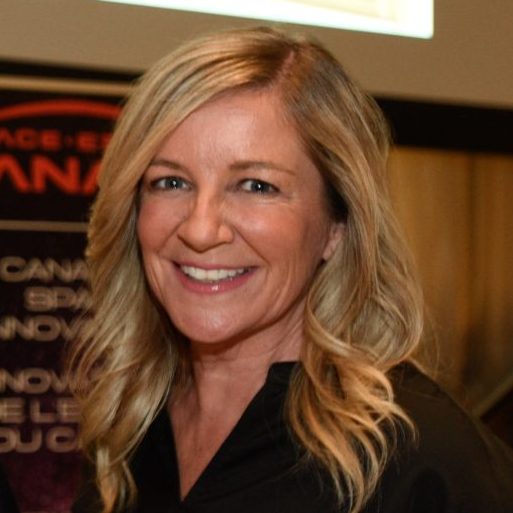
“By fielding tough, unscripted questions, he helped reset the tone with journalists and demonstrates a renewed respect for the media’s essential role,” Thibedeau said, adding that the press conference offered an “olive branch” to both the media and the prime minister’s Conservative rivals.
Thibedeau said Carney’s offer to quickly call a byelection with “no games” to allow Poilievre to return to a seat in Parliament was a “rare gesture of democratic grace” that signalled his government would not simply tolerate but welcome “a robust opposition.”
“The prime minister’s communication style emphasized strength and positivity—a calm command of the room and a willingness to engage,” Thibedeau said. “It was measured yet confident, projecting both leadership and openness. In a time of polarized rhetoric, Carney’s tone suggested he aims to lead with purpose and poise.”
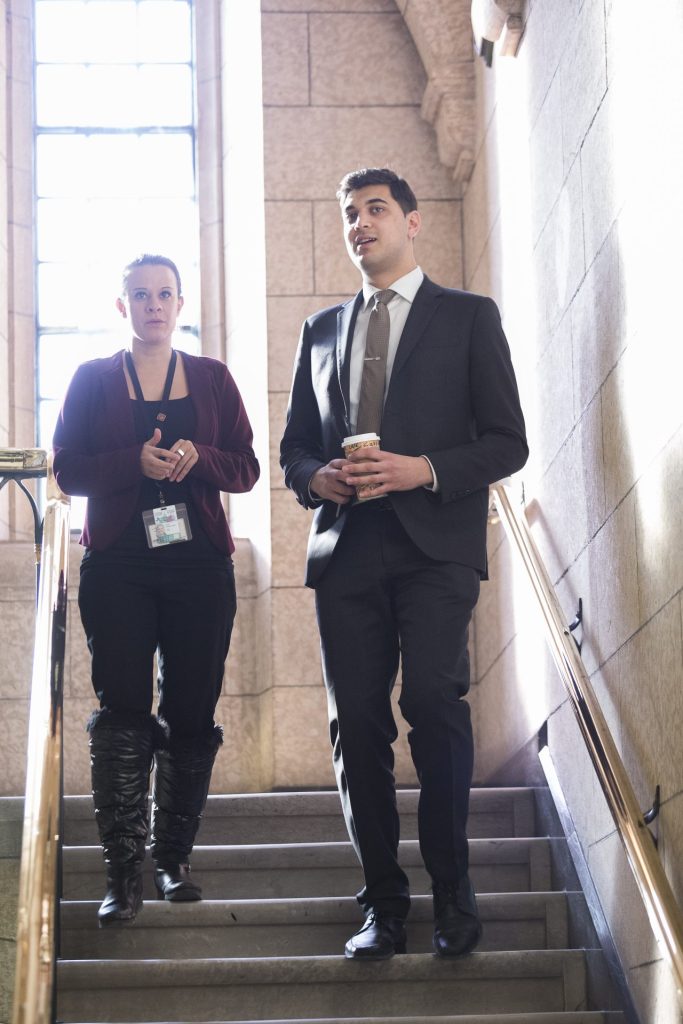
Cameron Ahmad, a former communications director for then-prime minister Trudeau, told The Hill Times he wasn’t surprised by Carney’s decision to offer his election night interview to the BBC. He noted that Carney’s strength is being perceived as “a statesman,” both during and after the campaign.
“Projecting his message to one of the largest global media outlets—which reaches many Canadian viewers, I’m sure—is to his benefit,” Ahmad said, noting that Carney was able to draw on his past experiences on the global stage but particularly during his time as Bank of England governor to ensure that message reached a receptive and intended audience.
“Carney was speaking to Canadians the entire election campaign, so now he needs to tell the story of how Canada will respond to the U.S. to an international audience,” Ahmad explained. “His whole message to Canadians was how we will be a bulwark to America, and that he is going to reshape Canada’s global role and how it deals with our allies, so now that he has won, he needs to send that message to the world.”
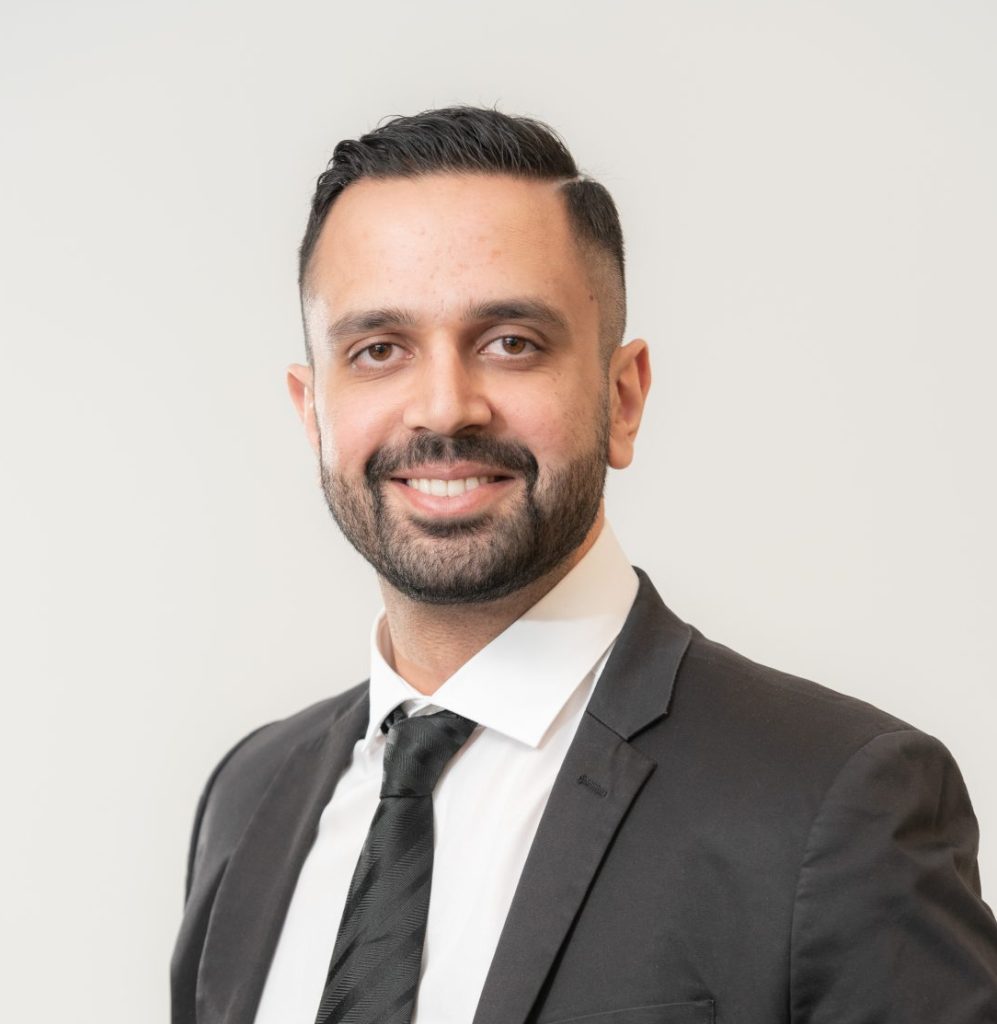
Former Liberal staffer Muhammad Ali, now a vice-president with Crestview Strategy, said choosing a large international media outlet with a large domestic audience, like the BBC, also provided the dual function of allowing a large portion of Canadians to see Carney deliver that message to an international audience, which can be equally as important as its delivery.
With the election concluded, Ali said it was important to show Canadians that Carney could take the message he had delivered at home and pivot to a key European audience as effectively.
“Carney is now focusing on strengthening Canada’s relations with allies and trading partners in these early days. It was a smart move,” Ali explained. “It was a signal that he has a fresh new mandate and is looking for partners because Canada isn’t going to put all our eggs in one American basket anymore.”
Additionally, while Ahmad said Carney will still need to learn and improve his strategy for approaching Canadian media, he also noted that, ironically, the decision to choose the BBC may have been the most strategically wise decision, despite the domestic media’s displeasure.
“It’s always ideal to do more interviews, and I was always pro-engagement even when it didn’t suit us politically, but I probably would have done the same thing,” Ahmad said, noting that given all of the moving parts and priorities during an election campaign, sometimes the best choice is to disappoint everyone equally.
“Even just doing the two interviews in French and English is difficult to manage during a campaign, much less election night, and it’s not something they could just pull someone from the reporter pool for,” Ahmad explained, noting there were just as many political considerations to contend with when deciding who gets the interview.
“It’s easier outside of the election because you can always do one the next week, but picking just one during the election does a disservice to the ones you don’t,” Ahmad said. “That can send the message that they’re unimportant or lost access because they did a bad job.”
“I would have done the same thing, because the alternative would have been impossible to manage.”
sbenson@hilltimes.com
The Hill Times
Mark Carney’s one-on-one/sit-down interviews
- Jan. 13: The Daily Show – Mark Carney – Canada Not Interested in Trump’s Offer & Liberal Leadership Prospects | The Daily Show
- Jan. 26: Radio-Canada’s Laurence Martin – Mark Carney prêt à couper l’Hydro aux Américains | Radio-Canada
- Jan. 31: CTV News Atlantic’s Todd Battis – ‘I’m a goalie, he’s a snowboarder’: Mark Carney draws distinctions between himself and PM Trudeau
- Feb. 1: BBC Newsnight with Faisal Islam – ‘We’re going to stand up to a bully’ | Mark Carney on President Trump’s Canada trade tariffs
- Feb. 3: CNN’s Jake Tapper – Canadian official: Feeling of ‘betrayal’ over tariff threats | CNN Business
- Feb. 8: TVA’s Salut, Bonjour! with Paul Larocque – Mark Carney de passage à Québec | Salut Bonjour
- Feb. 16: CBC’s Rosie Barton – Liberal leadership hopeful Mark Carney on how he’d change Canada’s carbon tax ; and Radio-Canada’s Patrice Roy – « Ça prend un mandat fort et clair pour mieux négocier avec Trump », affirme Mark Carney | Radio-Canada
- March 1: The Toronto Star’s Alex Ballingall: Mark Carney’s been branded a ‘globalist’ — and he’s just fine with that. Inside the world of the man who could be Canada’s next prime minister
- March 3: La Presse’s Mélanie Marquis – Les premiers pas | La Presse
- March 15: The Rest is Politics with Alistair Campbell and Anthony Scaramucci – Canada’s next PM? Mark Carney
- April 4: Radio-Canada’s Cinq Chefs, une élection special – Cinq chefs, une élection: Mark Carney et la note de passage | Radio-Canada
- April 10: Nardwuar – Nardwuar vs. Prime Minister Mark Carney
- April 13: Toute le monde en parle – Mark Carney: l’économie d’abord | Tout le monde en parle
- April 17 – Prof G Conversations with Professor Scott Galloway – Canada’s Role in a Shifting Global Order — with Mark Carney | Prof G Conversations
- April 24: Global News BC’s Richard Zussman – Canada election: One-on-one with 3 federal leaders in battleground B.C. | Globalnews.ca; and 22 Minutes’ Mark Critch as part of the show’s election special – Vote Canadian: A 22 Minutes Election Special
- April 25: Village Media’s Inside the Village podcast – As election day looms, Mark Carney joins our podcast for an exclusive chat – TorontoToday.ca
- April 28: BBC’s Faisal Islam – Canada will deal with Trump ‘on our terms,’ Carney tells BBC






 LICENSING
LICENSING PODCAST
PODCAST ALERTS
ALERTS













